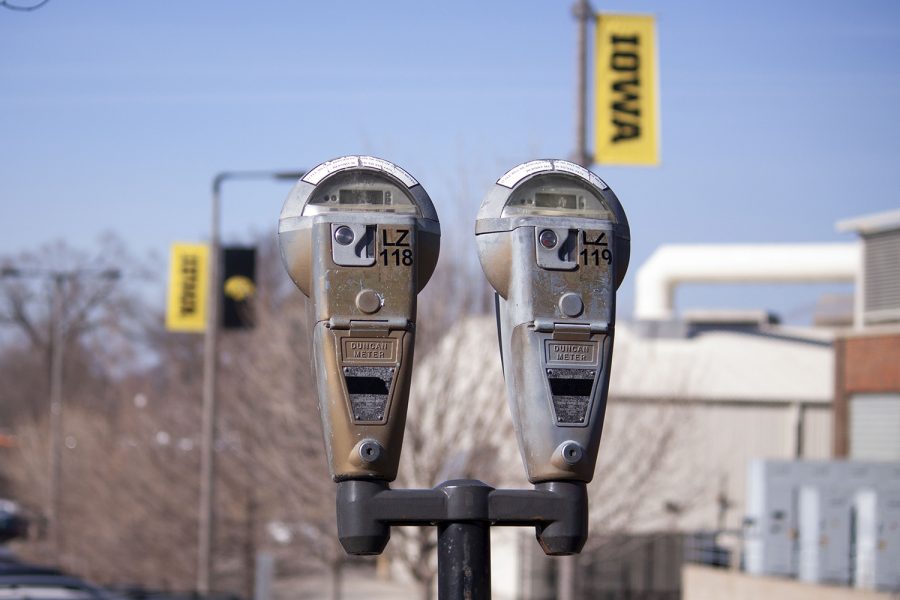Heart-attack survivors suffering from congestive heart failure could potentially see a parachute of support.
University of Iowa Hospitals and Clinics specialists in the Heart and Vascular Center are undergoing clinical trials to help heart attack survivors who may be suffering from heart failure due to scarred or damaged tissue in the heart.
“Participants include patients who have had a heart attack and are eligible to participate in the trial,” said UI spokesman Tom Moore. “Essentially, this could slow the progression of congestive heart failure, reduce the need for hospitalizations and improve the patient’s quality of life.”
Vlad Cotarlan, a UI clinical assistant professor of cardiology, said the research team has conducted the study for roughly one year. Cotarlan said after a heart attack, patients may experience enlargement of the left chamber of the heart. This causes the apex, or the lowest point of the heart, to become rounded. Blood settles in this area, resulting in congestive heart failure — a condition where the heart cannot pump enough blood throughout the body.
Some of the latest research, which includes a device that looks like a parachute, sets out to stop the progression of heart failure.
“This is a device that goes inside the apex of the heart and anchors to the walls of the heart,” Cotarlan said. “This device can prevent further progression of congestive heart failure.”
Over time, injured heart muscle tissue becomes stiff, making it harder for the heart to move blood efficiently through the body. The parachute ventricular partitioning device is placed in the left ventricle of the heart to restore the damaged tissue and allow it to perform more efficiently with each heartbeat.
Moore said the heart parachutes are apart of a nationwide research study conducted in institutions throughout the U.S. Cotarlan said all of the research and facility spaces have been provided by the UI since January 2013.
Page Scovel, a UI research associate, said the study will allow researchers to determine if the device will slow the progression of heart failure.
When the device is inserted, specialists will insert a small catheter into an artery in the leg. The parachute device is deployed through this catheter into the left chamber of the heart. The arms of the device anchor into the wall of the heart to hold the parachute in position, and the individual’s own body tissue will cover the device and become permanent.
“I think research is important because it provides another opportunity,” Scovel said. “Patients with heart failure are already on medication, and they may not always work on their own. This provides patients another option to prevent heart failure.”
Clinical trials could last years, depending on how patients’ bodies respond to the parachute.
“This is an opportunity to help other patients with heart failure who may not be seeing results with their current medications or treatments,” Scovel said. “This is a better opportunity for us to gain more knowledge as specialists as well as benefit future patients.”






